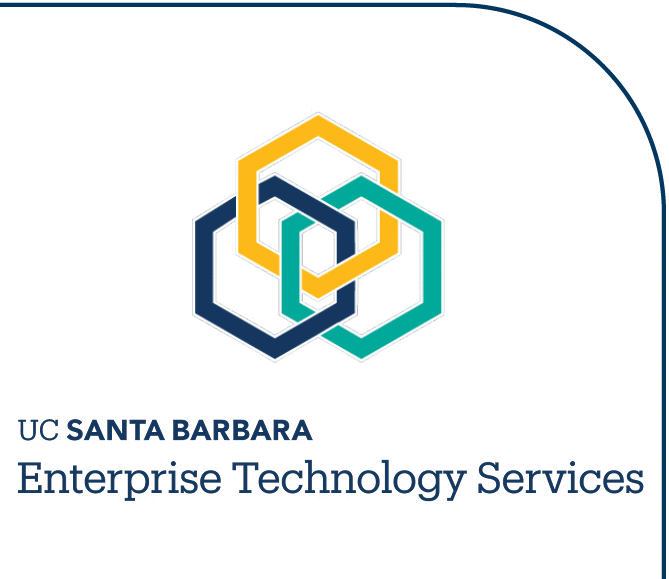The monthly billing statements for business telephone services (services provided to
faculty and staff) contain a recurring charge, called the Data/Networking
Surcharge. Here is some background information on this surcharge.
In addition to providing telephone and television services, Communications Services
also provides data communications and networking services to the campus community. Some of
these data/networking services are as follows.
- Campus use of the CENIC network
- Campus membership in Abilene and Internet2, and use of the Internet2 network
- Campus ISP traffic to the commodity Internet
- Border equipment acquisition and maintenance
- Switch room environmental maintenance
- Leased service to remote locations
- Staff who work on:
- Fiber Optic Network planning, documentation, support
- Responding to DigAlert requests to protect the Fiber Optic Network
- Support of connections to remote locations
- Consultation on network and wiring projects
- VoIP prototype projects
- OIT/OIST web site design, implementation, and maintenance
- Information Security Online training course development assistance and implementation
In 1995, the Campus Networking Committee (CNC) decided that the data communications and
networking services provided by Communications Services are of such general use that
attempting to recharge individuals or departments for the use of these services would be
unnecessarily resource-consumptive. The CNC recommended that the expenses for providing
these services should be recovered by the monthly charge for a business telephone line.
Communications Services forwarded this proposal to the campus Income & Recharge
Committee in mid-1995, and the proposal was accepted.
For many years, some of Communications Services'
customers complained that the published rates from Verizon (the local telephone
company) for business telephone lines appeared to be lower than the rates
charged by Communications Services. However, Verizon's and Communications
Services' business telephone line rates were not comparable, because the
Communications Services rate subsidized several data communications facilities.
To enable customers to make an equitable comparison between Communications
Services' and Verizon's rates, the Business Telephone Line recharge rate was
split into two components during fiscal year 1996/97: the basic Business
Telephone Line recharge rate, and the Data/Networking Surcharge. The surcharge
was set to an amount that exactly recovers the expenses of providing
data/networking services.
A customer might contend that because a particular line is used solely to receive fax
transmissions, or solely to dial a credit card authorization service, rather than
accessing any of the data/networking services listed above, the customer should not have to
pay the surcharge. The Campus Networking Committee and the Income & Recharge Committee
both considered this situation, and determined that the use of the telephone line should
have no bearing on the application of the surcharge. Therefore, all business telephone
lines are assessed the surcharge.
VS

